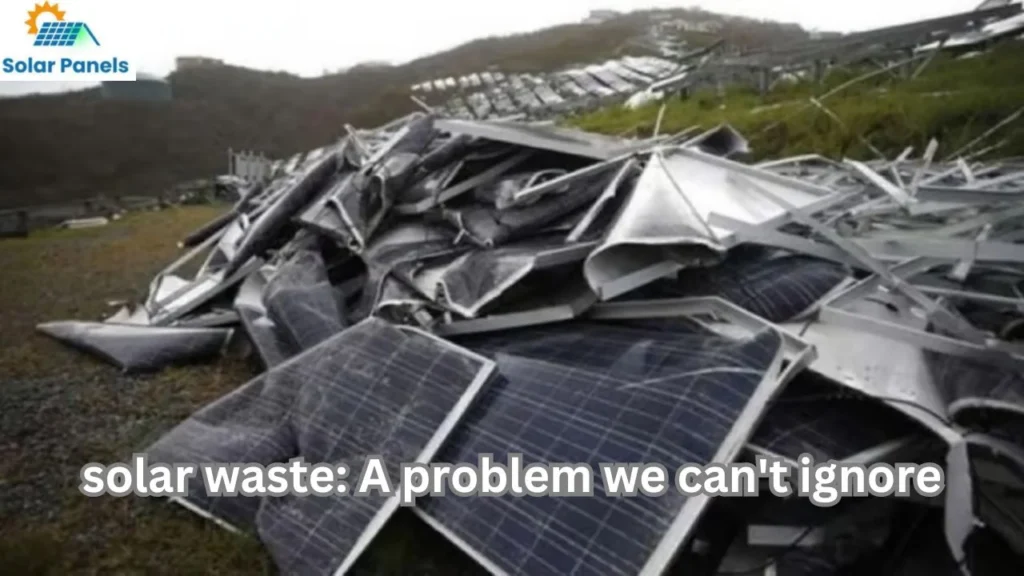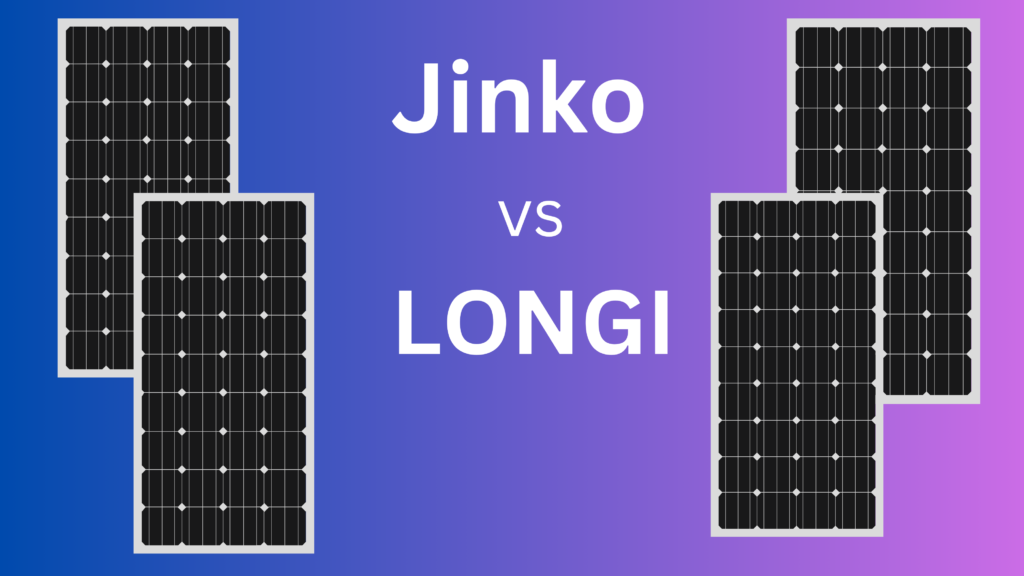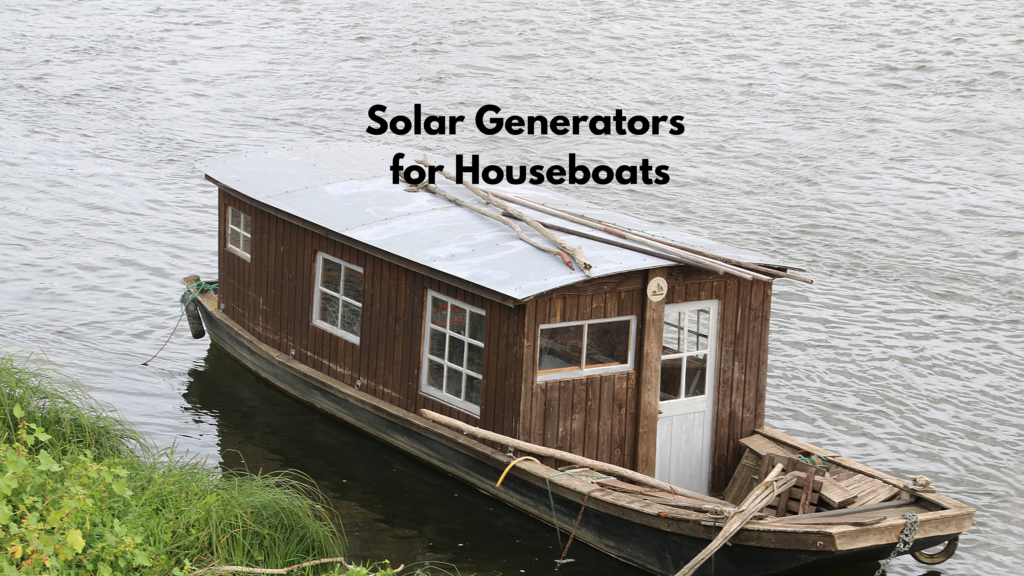Solar waste: A problem we can’t ignore
In November 2023, South Africa experienced a dramatic surge in solar energy adoption, with only 4% of homes having solar panels. The market has seen explosive growth, fueled by a staggering 184% increase in renewable energy equipment imports in the second quarter of 2023. South Africa is scrambling to harness the power of the sun in a race against the clock to avoid complete grid collapse. But this rapid shift presents a unique challenge: ensuring a sustainable solar future while the nation teeters on the brink of an energy crisis. Solar waste: A problem we can’t ignore.
Table of Contents
Toggle
Shining a Light on Solar Waste
The Sustainable Recycling Industries (SRI) recently tackled a hidden danger behind South Africa’s booming solar energy use in a webinar. Experts are warning of a future wave of hazardous waste as tons of solar panels are being imported. The problem is that South Africa lacks proper systems to reuse, recycle, or even dispose of these panels responsibly.
The webinar aimed to shed light on critical topics such as
- Recycling practices
- Environmental, Social, and Governance (ESG) considerations
- Solar photovoltaic (PV) module reuse opportunities
- The management of solar PV waste in different contexts
South Africa’s Solar Future Hinges on Responsible Recycling and Reuse Strategies
Steffen Schroeder of Reclite, a South African recycler, painted a concerning picture of the current state of solar panel recycling in the country. His presentation highlighted a critical issue: the prevalence of the “strip and dump” method. This approach focuses on recovering just a few valuable materials, like aluminum and copper, while leaving the rest, including potentially hazardous components, to be improperly discarded in landfills or unmanaged areas. Schroeder emphasized the urgent need for a reality check on existing waste management practices to ensure a more sustainable solar future for South Africa.
Possible waste management solutions:
- Sustainable solutions are available: Exploring recycling and reuse practices can not only create sustainable livelihoods but also minimize waste.
- Tapping into new resources: Recovering rare materials like silicon from used panels opens up new markets and reduces reliance on current monopolies.
- Design for the future: Design for recycling” should be a priority. Manufacturers need to consider environmentally friendly materials, processes, and end-of-life plans for solar panels from the very beginning.
From Greenwashing to Green Action
Shramana Dey, project manager at Sustainability India, presented the webinar delving into Environmental, Social, and Governance (ESG) considerations within the solar value chain. ESG goes beyond just profits, focusing on a company’s broader impact. As the world grapples with social and environmental challenges, responsible businesses are increasingly valued by investors and the global community.
Dey cautioned against “greenwashing,” where companies exaggerate their environmental benefits, stating that measuring sustainability can be complex.
She said, “True sustainability requires accurate reporting that reflects a company’s real impact. It is important to avoid practices such as making vague claims, and not obtaining third-party certifications. Focusing on a single positive aspect, hiding trade-offs, using misleading labels, proposing short-term solutions, and practicing inconsistent methods.”
Aysha Lotter, a mineral and environmental law expert and spokesperson for WEEE SA, emphasized the importance of reuse in a circular economy. She referenced research by Nicole Crozier, a leading solar energy researcher in South Africa. The age-old idiom of ‘reduce, reuse, recycle’ (and in that order) remains true. Traditional recycling can be expensive and result in material loss.
Lotter said, “Dr. Crozier’s research underscores the critical role of reuse in maximizing the value of solar panels and minimizing waste.” The webinar emphasized the need for robust policy frameworks and industry collaboration to ensure a sustainable solar future in South Africa.
Key policy areas highlighted in the webinar include:
- Schroeder and Crozier emphasized the importance of enforcing existing EPR regulations for solar panels. However, challenges remain, such as the lack of specific PV targets. It is crucial for policymakers and industry to collaborate in order to develop effective targets and ensure compliance.
- Kishore Ganesan presented valuable insights on India’s solar waste management challenges, which can help South Africa develop effective solutions. South Africa can benefit from learning from India’s experiences. Considering the reliance on imported panels and the presence of an informal sector.
The webinar also explored other avenues for promoting sustainability, such as:
- Innovative Business Models: New business models that incentivize reuse and responsible recycling are essential.
- Repairable Solar Panels: Designing solar panels for repairability can extend their lifespan and reduce waste.
South Africa can ensure that its burgeoning solar energy sector is truly sustainable for generations to come by prioritizing these areas. WEEE SA is urging stakeholders to prioritize sustainable practices throughout the solar value chain.
Lotter said, “The rapid growth of the solar energy sector is fantastic news for South Africa’s energy security. However, we must ensure this progress is sustainable. Solar panels don’t last forever, and improper disposal of end-of-life panels poses a significant environmental and health threat.”
If you want to learn more about solar panels, our blog section is a great place to go.


